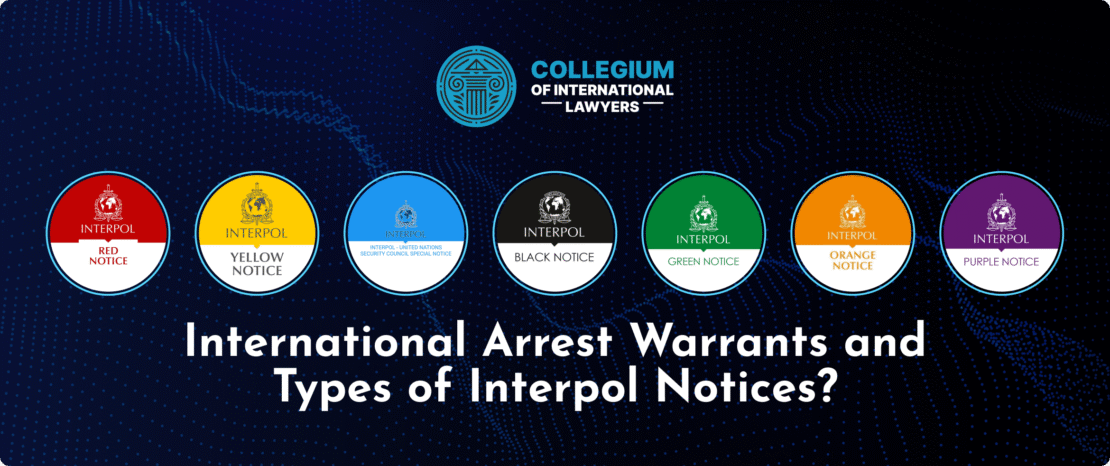
Interpol’s Enhanced Control over Financial Operations
In recent years, financial crimes have become increasingly sophisticated, presenting significant challenges not only to national governments but also to international organizations. Interpol financial operations control www.hill.ru/press-center/interpol-usilivaet-kontrol-za-mezhdunarodnymi-finansovymi-operatsiyami/ has provided insights into how Interpol is stepping up its measures to enhance control over financial operations globally. The strategic priorities of Interpol in managing financial operations control are aimed at reinforcing global frameworks to combat financial crime. This article will delve into the mechanisms, challenges, and the future direction of Interpol’s financial operations control.
The Importance of Financial Operations Control
Financial operations control is critical in the fight against various forms of crime, including money laundering, terrorism financing, and fraud. The dynamics of global finance and the increase of digital currency transactions have complicated the landscape, making it necessary for organizations like Interpol to adapt quickly. Interpol’s role is not just limited to law enforcement; it also involves fostering international cooperation among nations to enhance financial transparency and security.
Current Trends in Financial Crimes
As technology evolves, so do the methods employed by criminals. Cybercrime, particularly in the financial sector, has surged, with criminals leveraging the internet to execute sophisticated scams, distribute malware, and commit identity theft. Additionally, the rise of cryptocurrencies presents new challenges in tracing illicit financial flows, as transactions can occur anonymously or with pseudonymous identities. Interpol recognizes these patterns and has thus prioritized the development of tools and resources to monitor and control financial operations effectively.
Interpol’s Strategic Initiatives
In response to the evolving landscape of financial crimes, Interpol has rolled out several strategic initiatives aimed at strengthening global financial operations control:
- Information Sharing: Interpol has established robust frameworks for information sharing among member countries. This shared intelligence is vital for tracking and analyzing suspicious financial transactions across borders.
- Capacity Building: Providing training and resources to law enforcement agencies in various countries enables them to better understand and tackle financial crimes.
- Public-Private Partnerships: Collaborating with private sector financial institutions has proven effective in combating financial crimes. Such partnerships allow for better monitoring and reporting of suspicious activities.
- Use of Technology: The adoption of cutting-edge technology for data analysis and transaction monitoring helps Interpol to identify patterns and trends in financial crimes, thus facilitating timely interventions.

The Role of Technology in Combatting Financial Crime
Technology plays a pivotal role in Interpol’s strategy for controlling financial operations. Innovations such as artificial intelligence, machine learning, and blockchain analysis are becoming instrumental in predicting and identifying financial irregularities. By employing advanced analytical tools, financial institutions and law enforcement agencies can enhance their capabilities to monitor transactions in real-time, allowing for a quicker response to potential criminal activities.
Challenges Faced by Interpol
Despite the proactive measures implemented by Interpol, there are challenges that continue to hinder effective financial operations control. These include:
- Jurisdictional Issues: Financial crimes often transcend borders, leading to complications in jurisdiction and enforcement of laws. Each country’s regulatory framework can vary widely, creating gaps that criminals can exploit.
- Lack of Resources: Many countries struggle with limited financial and human resources dedicated to combating financial crime, which can impede the effectiveness of international collaboration.
- Rapid Technological Advancements: The speed at which technology evolves can leave law enforcement agencies scrambling to catch up. Criminals are often able to exploit new technologies before regulatory measures can be put in place.
The Future of Financial Operations Control at Interpol
Looking forward, Interpol aims to expand its network and bolster its initiatives in the realm of financial operations control. Plans for the future may include:
- Enhancing the use of data analytics and artificial intelligence to predict and prevent financial crimes before they occur.
- Establishing a centralized database for financial crime intelligence that can be accessed by law enforcement agencies worldwide.
- Promoting greater collaboration between international regulatory bodies and law enforcement to ensure a more uniform approach to financial crime regulation.
Conclusion
Interpol’s enhanced control over financial operations is crucial to the global fight against financial crimes. As financial operations continue to evolve, so must the strategies and tools deployed by Interpol and its member countries. Continuous international cooperation, technological advancement, and a commitment to transparency are equally pivotal in this ongoing battle. The fight against financial crime is a collective effort that requires vigilance, innovation, and collaboration among all stakeholders.
